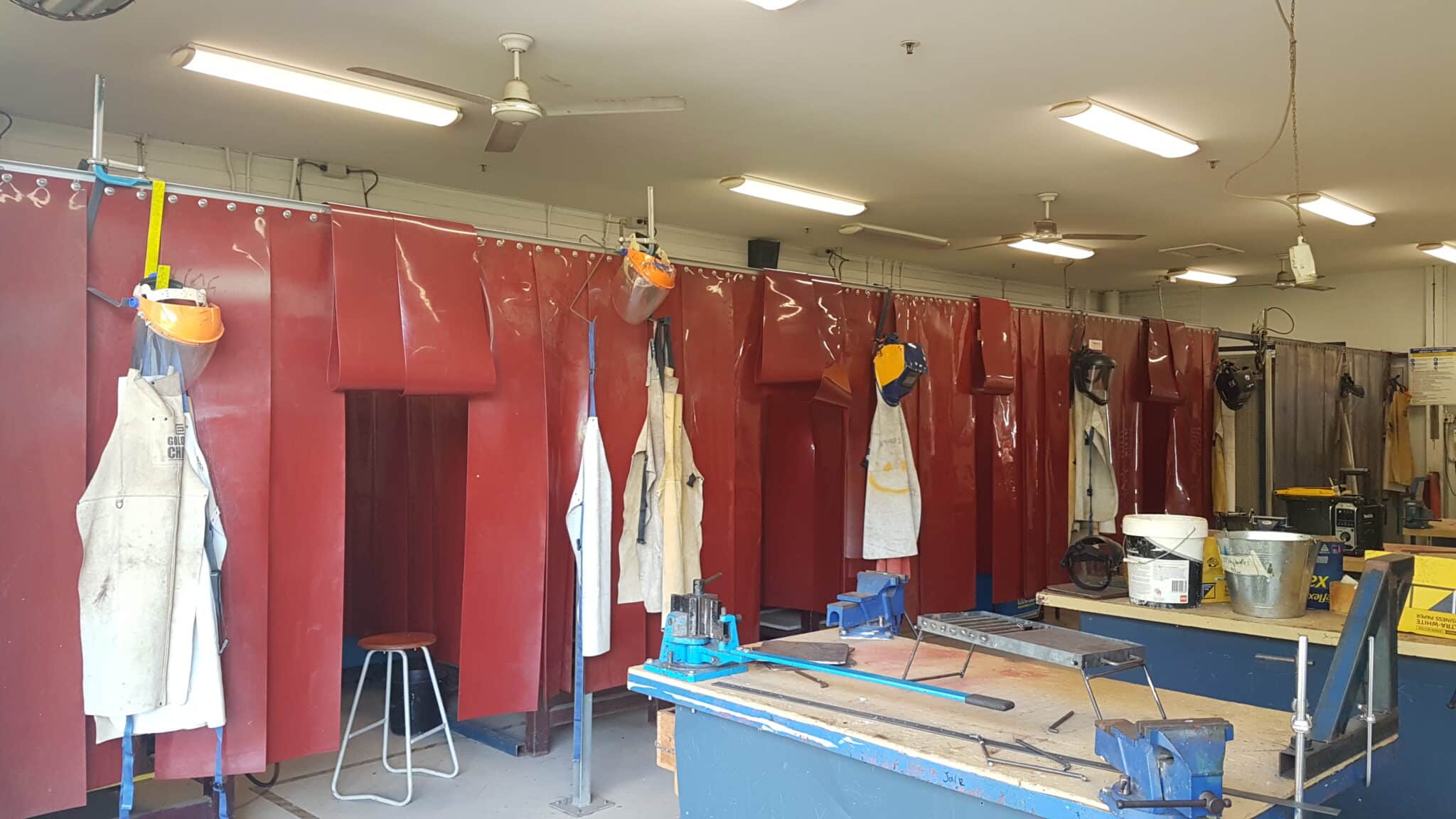Call 1300 799 969 | Contact Us


Home » How industrial noise control is unlocking the potential of education
In the secondary and tertiary education sectors, providing a conducive learning environment is paramount to unlocking students’ potential. While various factors contribute to an ideal educational setting, one often overlooked aspect is industrial noise control.
By effectively managing noise levels in educational institutions, we can significantly enhance the health, safety, and productivity of both students and faculty members. In Australia, adherence to welding standards plays a crucial role in maintaining a safe and controlled noise environment.
This article explores the significance of industrial noise control in secondary and tertiary education, with a specific focus on Australian welding standards and their implications.
Industrial noise, originating from sources such as machinery, ventilation systems, and welding operations, can have adverse effects on the learning environment.
Excessive noise levels:
These factors significantly affect the overall wellbeing of both students and educators, hindering the learning process.
In Australia, welding is commonly employed across various industries, including manufacturing and construction. Welding processes generate noise that can exceed safe levels if not properly managed.
To ensure the safety and wellbeing of those involved, Australian welding standards have been established to regulate noise emissions in educational settings. Compliance with these standards is vital for secondary and tertiary education institutions to create a safe and productive learning environment.
Australian welding standards outline guidelines for noise reduction measures, including:
By adhering to these standards, educational institutions can significantly improve health and safety on their premises. Implementing these measures minimises the risk of noise-induced hearing loss, reduces workplace accidents, and creates an environment that is conducive to learning.
Excessive noise leads to decreased cognitive performance, impaired information retention, and reduced concentration levels. By contrast, an environment with reduced noise levels positively impacts productivity and learning outcomes.
That’s why, by effectively managing noise through compliance with welding standards, educational institutions provide students and educators with an environment that fosters better focus, improved communication, and increased engagement, ultimately leading to enhanced learning outcomes.
To unlock the potential of education through industrial noise control, educational institutions can adopt a range of strategies:
With our extensive experience working with educational facilities, it’s little wonder that Flexshield is often a preferred supplier of acoustic welding bays. Some of our recommended products for secondary and tertiary facilities include grinding bays, mobile screens, quench tanks, welding bays, welding floor mats, safe fume extraction systems, welding screens, and welding tables.
Industrial noise control plays a critical role in unlocking the potential of education by enhancing health, safety, and productivity in secondary and tertiary educational institutions. By complying with Australian welding standards, educational institutions can create a safe and conducive learning environment, promoting optimal learning outcomes for students and educators alike.
Through effectively implementing noise control strategies, we can unlock students’ full potential and ensure that they receive the education they deserve in a healthy and productive environment. For expert advice on the right noise control solutions for your facility, please contact Flexshield at 1300 799 969 .